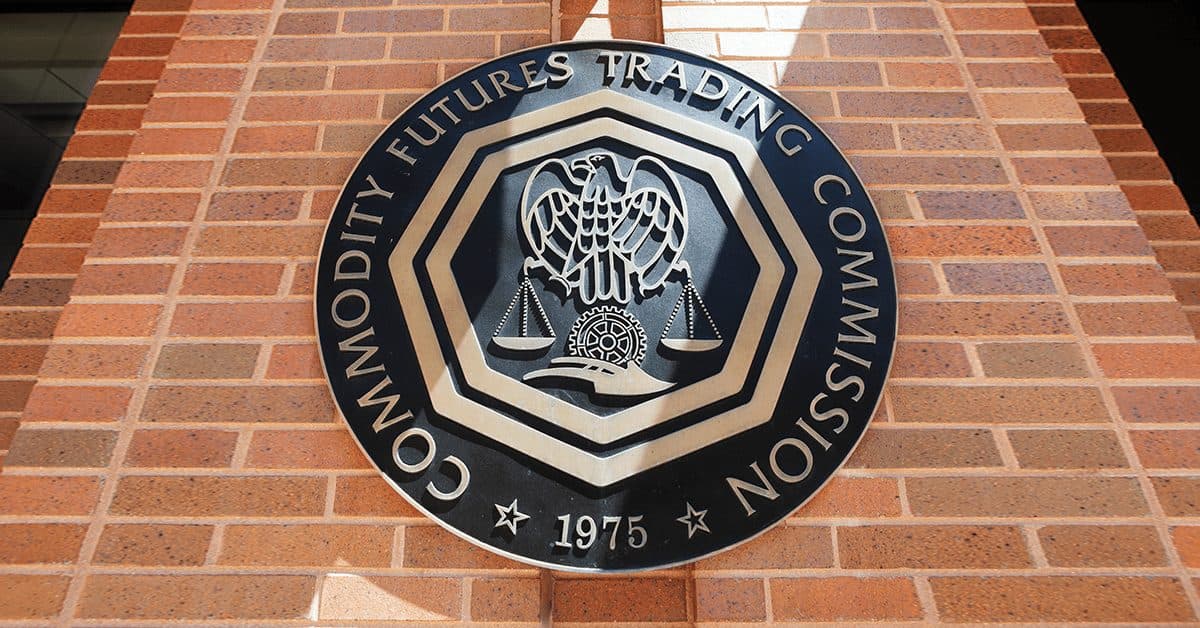Crypto Exchange FTX US Vying for CFTC Sign-off on Margin Trades
The expansion into margin trading comes on the heels of the exchange’s acquisition of institutional crypto trader LedgerX

SOURCE: SHUTTERSTOCK
- FTX US Derivatives, formerly known as LedgerX, is hoping to appeal to the CFTC with its new board of directors
- The CFTC has a list of requirements an exchange must meet before offering margin products
Cryptocurrency exchange FTX.US has added a board of directors as the company vies for regulatory approval to extend leverage to derivatives traders.
The board is a prerequisite of the CFTC permitting the exchange to offer leveraged trading, Zach Dexter, CEO of FTX US Derivatives, told Blockworks.
“It’s actually a requirement under the Code of Federal Regulations in the Commodity Exchange Act that a designated contract market or derivatives clearing organization must have people who have experience in risk management,” Dexter said. “This could include people who’ve dealt with liquidations for commodity derivatives products like oil futures or corn futures, or people with experience with bitcoin options, etc.”
The CFTC also requires exchanges looking to offer margin products to provide a risk model. That model must be able to calculate the initial amount of margin that needs to be posted, the amount of variation margin — or responses to price movements —needed and when liquidation occurs.
In October, FTX US acquired CFTC-regulated futures and options exchange LedgerX in a move that looked to expand the exchange’s trading offerings. The company has since been rebranded to FTX US Derivatives.
Margin trading allows traders to leverage their positions using funds borrowed from the exchange. It’s a high-risk strategy that magnifies rewards and losses alike.
“In crypto currently, the only direct-to-retail margin trading that is happening is on overseas exchanges that are either less regulated or in a still developing regulatory environment,” Dexter said. “But here in the US, if you want to offer margin trading direct-to-retail, you’ve got to have the licenses from the CFTC.”
Cryptocurrency exchange Kraken was fined $1.12 million in September 2021 for failing to register its margin products with the CFTC. Coinbase Pro disabled its margin trading services in November 2020 in response to growing regulatory concerns.
Providing it meets regulatory requirements, according to Dexter, FTX US is hoping to offer retail and institutional clients alike access to “a reasonable amount of margin.”
“You’ve got to have a back tested mathematical model reviewed by independent third party validators, it’s very serious stuff,” Dexter said.
The regulatory process, while lengthy, benefits investors, Dexter said. International exchanges do not have to meet the same guidelines, which may lead to riskier practices, he said.
Alongside Dexter, board members include Keisha Bell, Managing Director, head of diverse talent management and advancement, DTCC; Bryan Bishop, CTO at Avanti Financial Group; Joe Keefer, trader at Grapefruit Trading; Jerome Kemp, president of Baton Systems; Lucas Moskowitz, vice president and deputy general counsel at Robinhood; Bart Smith, global head of strategy for digital assets for the Susquehanna International Group of Companies and Mark Wetjen, head of policy and regulatory strategy at FTX US.
Get the news in your inbox. Explore Blockworks newsletters:
- The Breakdown: Decoding crypto and the markets. Daily.
- 0xResearch: Alpha in your inbox. Think like an analyst.






